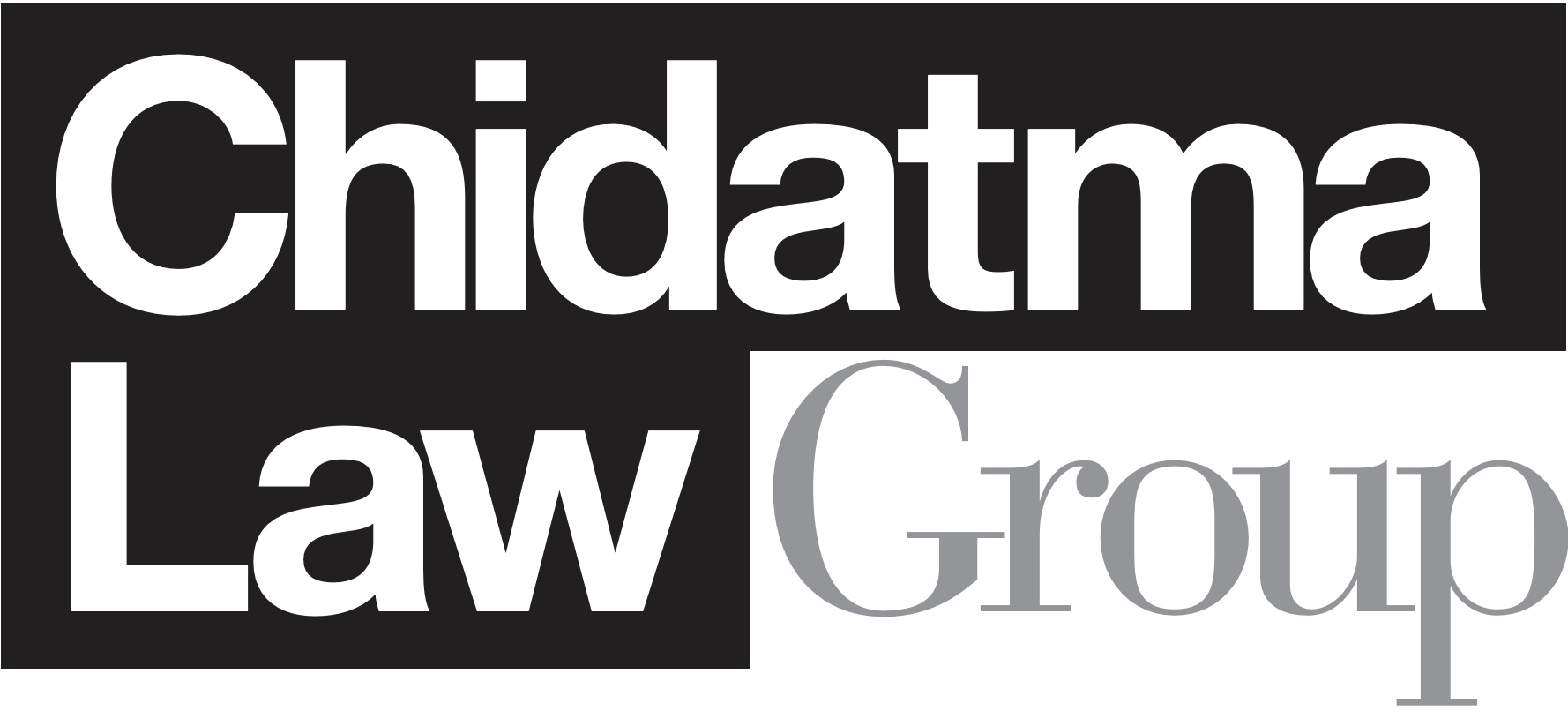
The Corporate Transparency Act (CTA) has introduced a new era of corporate disclosure in the United States, and it’s important for startups to understand its implications, especially in light of recent changes in March 2025.
At Chidatma Law Group, we’ve been working alongside business owners like you, guiding them through the complexities of business law for years. We understand that navigating new regulations can feel daunting, and that’s why our business attorneys are here to shed light on the CTA, the recent changes, and how it impacts your startup.
What Exactly is the Corporate Transparency Act?
The Corporate Transparency Act is a U.S. federal law that went into effect on January 1, 2024. Its primary goal is to enhance transparency in the ownership of certain legal business entities, primarily corporations, limited liability companies (LLCs), and other similar entities created or registered to do business in the United States. The aim is to help combat money laundering, terrorism financing, and other illicit activities by making it more difficult for bad actors to hide their identities behind shell companies.
Think of it as a way for the government to know who the real people are behind the companies operating within its borders. This increased transparency is intended to make the financial system more secure and less susceptible to abuse.
Important 2025 Update: What Changed?
On March 21, 2025, FinCEN issued an interim final rule that significantly changed the scope of the CTA. As of its official publication in the Federal Register on March 26, 2025, the following changes are now in effect:
- U.S.-formed companies, such as New York LLCs and corporations, are no longer required to report beneficial ownership information to FinCEN.
- The definition of a “reporting company” has been narrowed to include only foreign entities that are formed under foreign laws and registered to do business in the U.S.
- U.S. persons are no longer considered reportable beneficial owners.
- Companies that previously submitted Beneficial Ownership Information (BOI) reports but are no longer considered reporting companies do not need to file updates or corrections.
This major update significantly reduces the number of companies subject to the CTA, relieving an estimated 32 million domestic entities from reporting obligations.
Who Needs to Comply? Understanding “Reporting Companies”
Previously, the CTA applied to what are termed “reporting companies.” This included most corporations, LLCs, and other entities created by filing a document with a secretary of state or similar office, meaning the vast majority of startups formed in New York were expected to comply.
As of March 2025, that has changed. Domestic entities, including startups formed in the U.S., are now exempt from the CTA’s BOI reporting requirements.
However, some companies are still subject to the law. Entities formed under foreign laws and registered to do business in the United States must still file. These foreign reporting companies must file BOI within:
- 30 days from March 26, 2025, if already registered before that date, or
- 30 days from registration, if formed or registered on or after March 26, 2025.
There are also exemptions from the CTA altogether. Certain types of entities, such as publicly traded companies, regulated financial institutions, and large operating companies (with more than 20 full-time U.S. employees, physical office presence, and over $5 million in U.S. revenue), may not be required to report.
Determining whether your startup qualifies for an exemption or reporting obligation is a critical first step. Misclassifying your company could lead to penalties down the line. Having experienced legal counsel, like our team at Chidatma Law Group, review your company structure can provide clarity and ensure you understand your obligations under the CTA.
What About Beneficial Ownership Information?
For the companies that still qualify as reporting companies (primarily foreign entities), there are ongoing BOI disclosure requirements.
A beneficial owner is any individual who, directly or indirectly, either:
- Exercises substantial control over the reporting company (such as senior officers or individuals with decision-making power).
- Owns or controls at least 25% of the ownership interests of the company.
For each beneficial owner, the company must report:
- Full legal name
- Date of birth
- Current residential street address
- A unique identifying number from a government-issued ID, plus an image of the ID
Additionally, companies created on or after January 1, 2024, must report information about their “company applicants,” the person(s) who filed or directed the filing of the company formation documents.
Although most U.S.-based startups are now exempt from these requirements, understanding the structure and intent behind the law remains important. Chidatma Law Group can help ensure your internal records are organized, particularly if your ownership structure changes or you expand internationally in the future.
Contact Us Today for a Consultation
The CTA may no longer apply to some U.S. startups, but that doesn’t mean compliance questions are off the table. Understanding your legal obligations as your business grows is essential.
Contact Chidatma Law Group today to learn how we can help you navigate evolving regulations and ensure your startup remains focused, compliant, and set up for long-term success, right here in New York.

